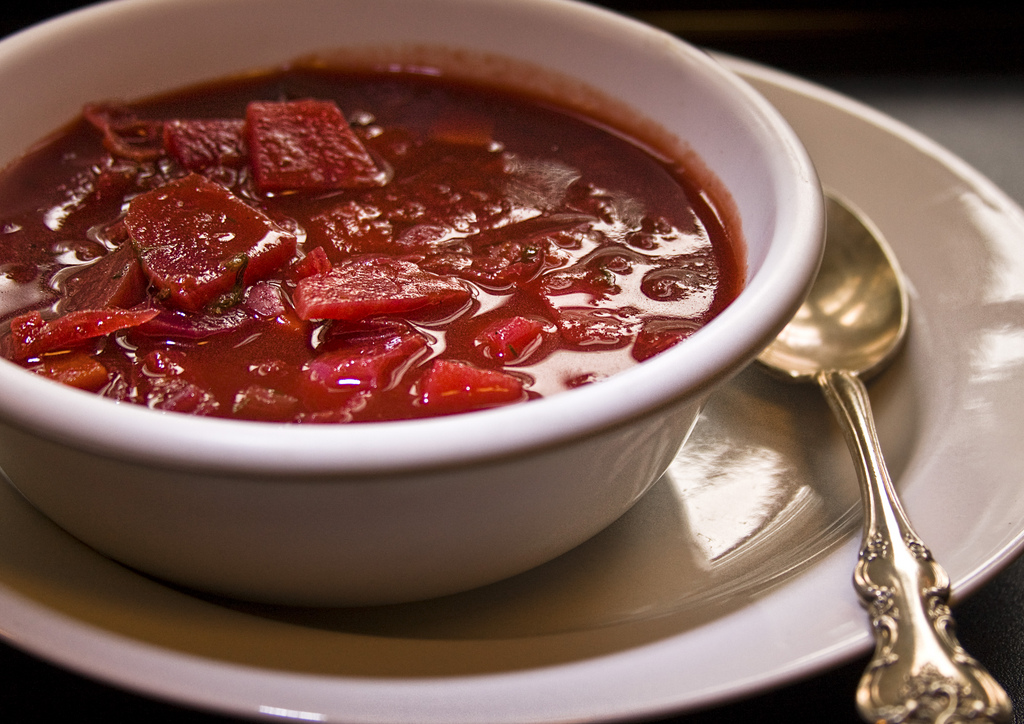On food and power
Culinary culture is a field of culture that regulates the human experience of food. The need for food is not merely a need for calories and nutrients. Food encompasses a wide range of cultural connotations. Through our food choices we choose who we are, and our adherence to our family, society, culture and even the state. Food also has political meaning. Therefore, food and its consumption has always been of interest to those in power, who often ration, control, distribute and identify food in particular ways.
January 2, 2019 -
Irina Soklhan
-
Issue 1 2019MagazineStories and ideas

Photo: liz west (CC) www.flickr.com

































